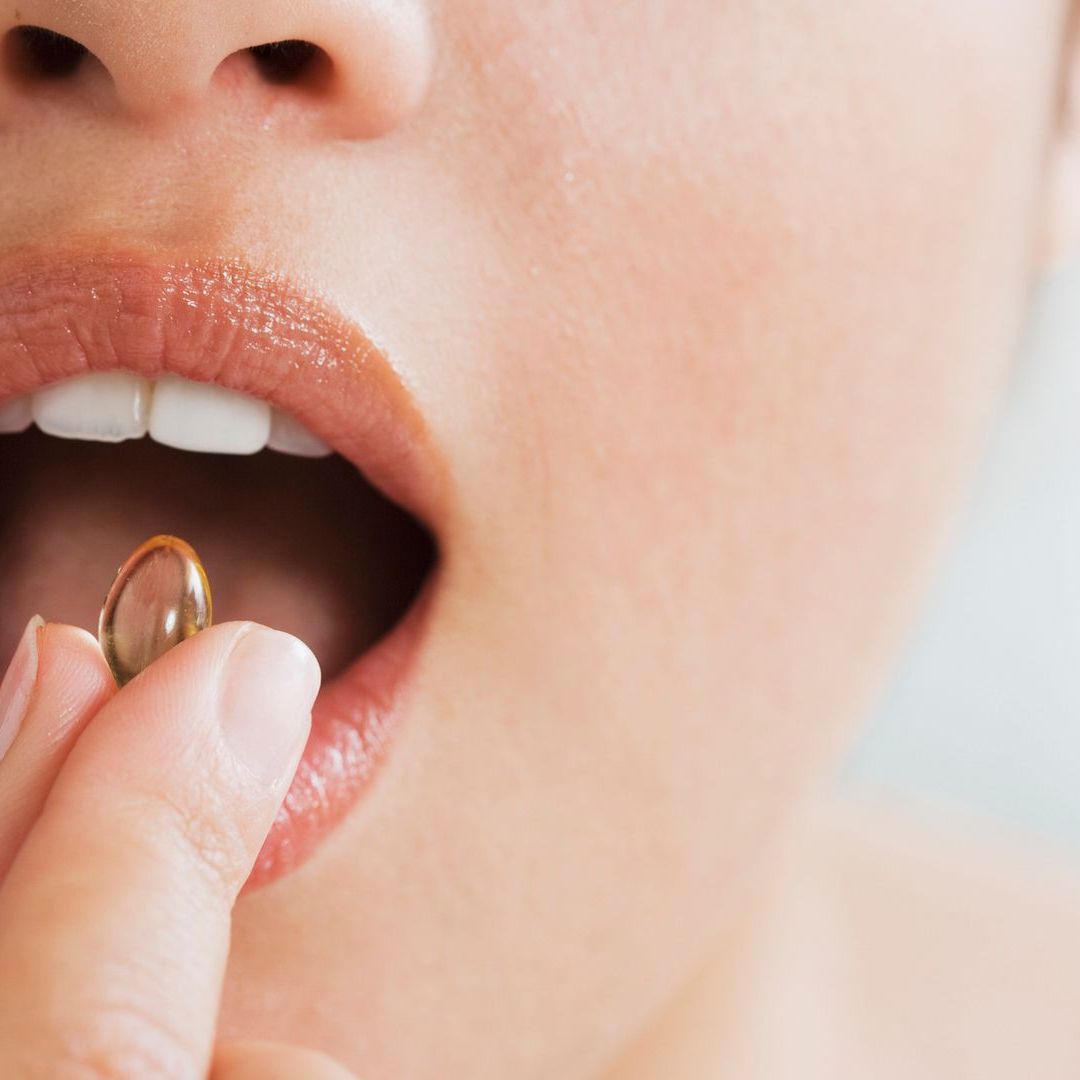Women are often bombarded with a constant narrative that says once they hit menopause, it's all downhill from there. You're going to get meno belly; you're going to lose your hair; you're going to be suffering with so many hot flashes at night and you're never going to have a full night's sleep again! Let's stop all of this fear mongering.
According to experts, adding simple daily habits to your routine can help to manage menopause symptoms. Here's five to try today:
1. For bone and joint pain, spend seven minutes resistance training
Exercise is crucial during menopause, because when your ovaries stop producing estrogen, it not only leads to symptoms such as hot flashes, sleep disturbance and brain fog, but it also increases your risk for heart disease, stroke and arthritis.
And if there's one exercise that you experts agree that you should do daily, it is resistance training. Lifting weights, or your own body weight, not only helps build muscle, but it also supports joints and prevents musculoskeletal issues like osteoporosis down the road.
As Dr. Lyon, author of the New York Times best-seller, Forever Strong: A New, Science-Based Strategy for Aging Well revealed on The Mel Robbins podcast: "Resistance training is any move against weight. So that could be body weight. You could be doing pushups, you could be doing bicep curls, you could be doing bands, you could be doing any different type of resistance training. And by the way, if you work hard enough, you could get a great workout in seven minutes. It doesn't have to take a ton of time. I've been seeing patients since 2006. I have seen a lot of midlife women and I've seen a lot of success."
2. For hot flashes, swap out cow's milk with soy
Next time you're ordering a latte, consider soy milk as an option. Soy products contain phytoestrogens, which are plant compounds that mimic estrogen's effects in the body, which can help alleviate menopausal symptoms like hot flashes and vaginal dryness.
Studies have found that postmenopausal women who eat high amounts of dietary soy protein (20 to 60 g per day) generally have fewer and less intense hot flashes and night sweats than those who eat less soy.
3. To manage anxiety, take a ten minute walk
Studies have found that over half of perimenopausal women say that they suffer from anxiety, and according to research, one of the easiest ways to help reduce these low moods is to spend as little as 10 minutes outside.
"If someone has got mood issues, if they've got depression or anxiety, they must spend some time outside," Dr Kelli Ritter, a quantum health specialist and host of The Nourished Soul podcast told HELLO! "I always tell people even if you get out for ten minutes - pop outside between cooking breakfast and getting dressed for example - it's going to do your mood wonders."
4. For meno belly, eat more protein
According to numerous studies a diet rich in protein is the secret to managing weight during menopause. While it is also essential for bone and muscle health and hormone production, a diet rich in protein will also provide important amino acids (the tiny molecules that make up protein) that are essential for muscle maintenance and body composition.
Lean meats and fish like chicken, beef and salmon offer high-quality protein and plant-based protein options include foods like beans, lentils, and tofu. You can also look for plant-based protein supplements made of brown rice protein, pea protein, or pumpkin seed protein too.
5. To clear brain fog, take a break from social media
Many studies have proven that too much screen time can interfere with everything from quality of sleep to creativity. According to livescience.com, digital overload may have an adverse effect on the brain and leave you distracted, foggy-brained and less productive. So try carving out times without electronics so your brain can rest and re-boot.










